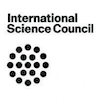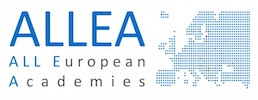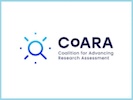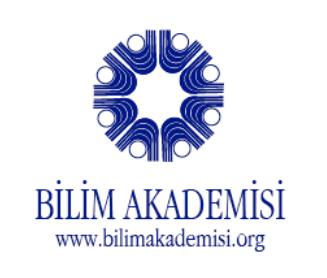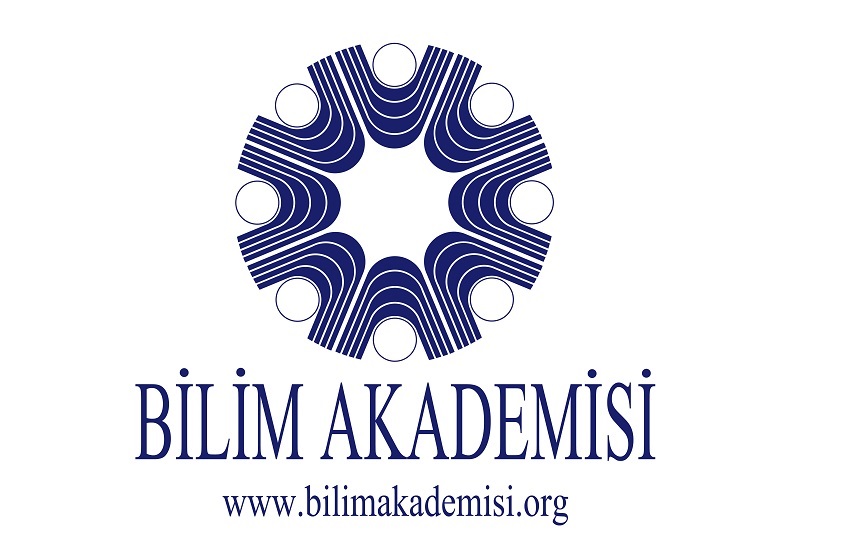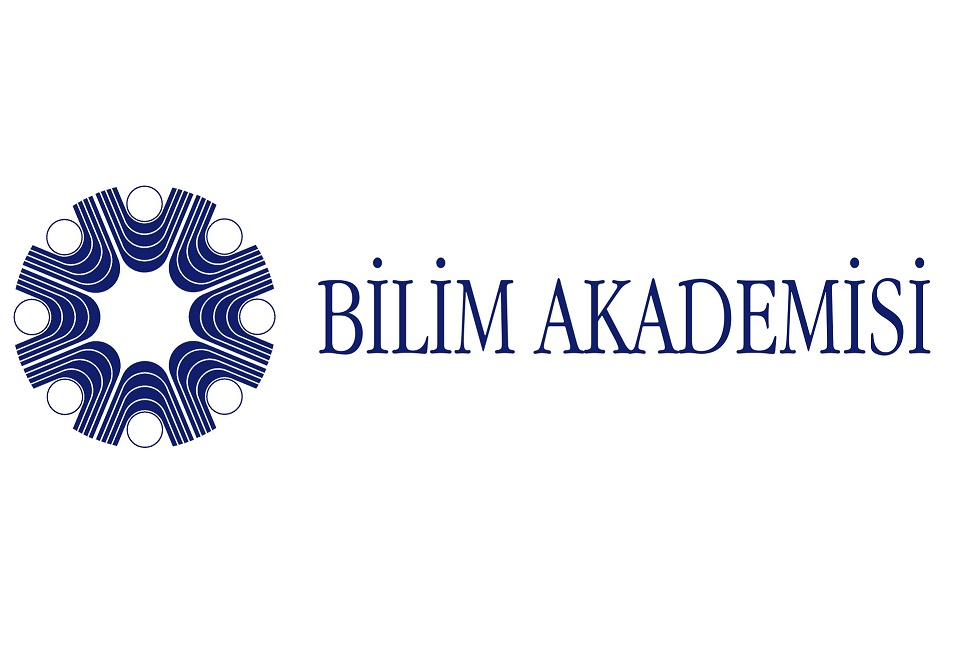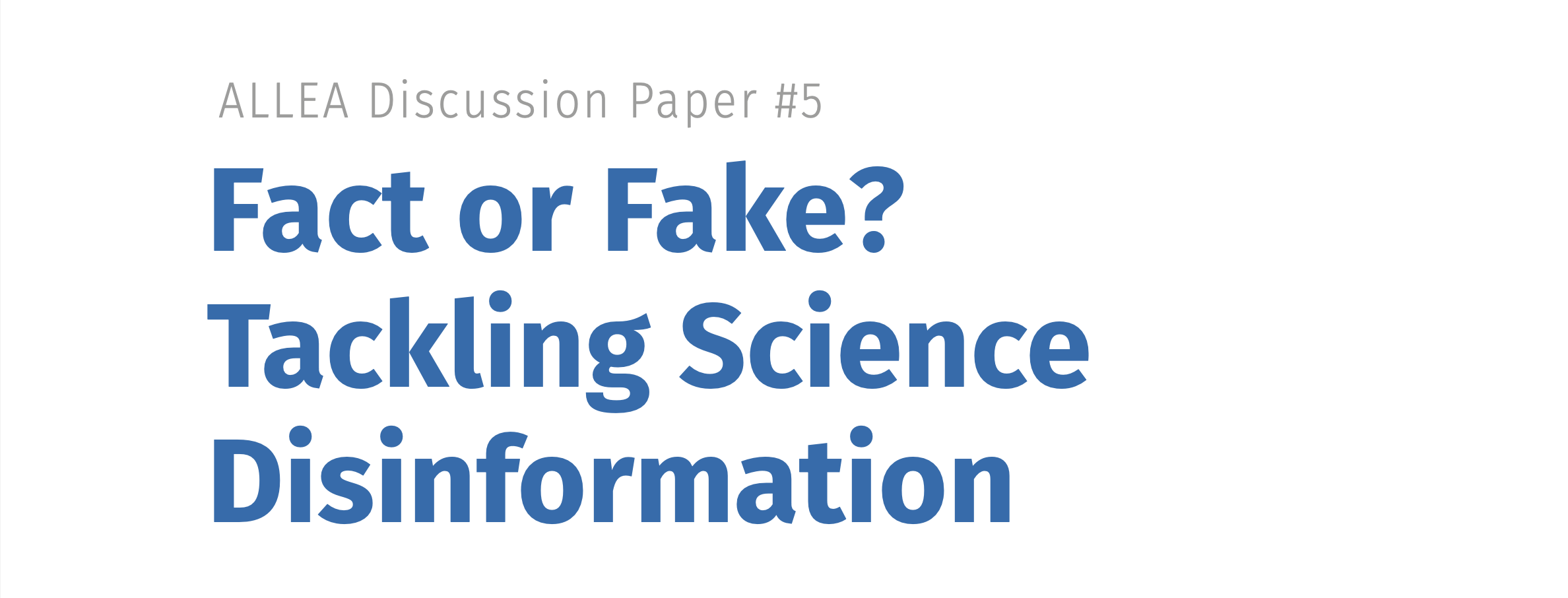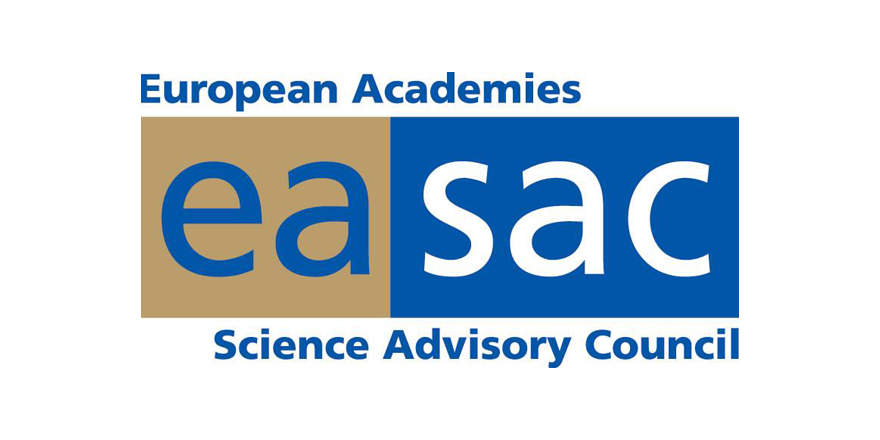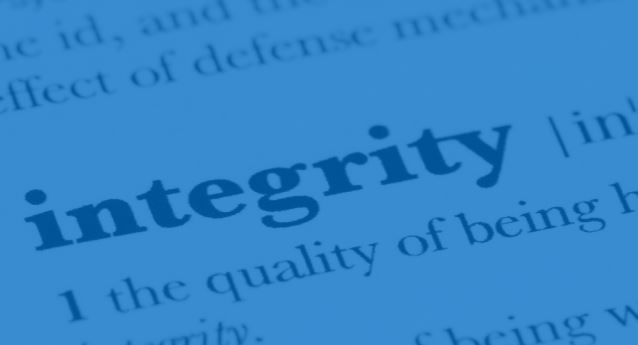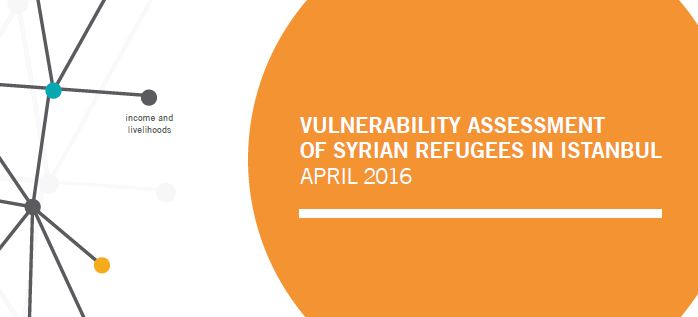The amendments to the Council of Higher Education’s (YÖK) Code of Discipline for Directors, Faculty Members and Civil Servants were issued on the Official Gazette dated January 29, 2014 and thereby came into immediate effect. The amendments introduce changes to the individual and scientific freedoms of academics, take certain deeds and activities out of the scope of disciplinary action, reduce sanctions for certain acts while toughening them for others. Furthermore, the amendment also includes measures directly related to scientific activity and especially research, such as plagiarism. The following paragraphs are taken from the report issued by The Science Academy’s Ethics Commission on the matter:
“The Code of Discipline continues to punish actions such as ‘to hold a meeting, make a speech, or organize a conference, concert, spectacle, ceremony, panel discussion etc. at the university without the prior approval of the university authorities,’ or ‘to give information or make a statement to the media, news agencies, radio and television channels on official matters unrelated to scientific debate and declarations, without any authorization to do so’. Who is to decide which statements are scientific and which are not? Who are the ‘authorities’ mentioned here? How will these ‘authorities’ be prevented from taking a biased, ideological or partisan approach? What is meant by ‘official’ matters here? Who is to decide on this, on what grounds? All these measures appear to be barriers before individuals’ freedom of thought. Throughout history, limitations on the freedom of thought and expression have always prevented progress in science, philosophy, arts, in brief, human thought. Where there is no freedom of thought and expression, there can be no science.
“Just like all citizens, faculty members, students and employees should also be free to express their personal thoughts. It must not be forgotten that the university is supposed to be home to the production of science and ideas, creative activities, as well as works of art. Freedom of expression is a must for science, arts, literature, in brief, all creative thinking. The freedom of academic expression, logic and evidence is shaped by the norms and methods of academic and esthetic disciplines. It is unacceptable not to pay due attention to these issues, and to limit the freedom of thought of those working in science, arts, literature and philosophy under the pretext of compliance with the civil servants law. Those who carry out university activities are academics and in this sense, there should be no difference between public universities and foundation universities. Furthermore, in this respect, there should be no difference between the working conditions in Turkish universities and those across the world, since the exercise of scientific, philosophical and artistic professions is universal in nature.
“Lack of condemnation and sanction for plagiarism at the university makes it very difficult, indeed almost impossible to inspire ethical concerns and moral standards among young scientists. The presence of fraud in scientific activity has an adverse impact on the professional aptitude of young individuals and as a result on the productivity and well-being of the society. Just like economic corruption, plagiarism should be monitored through transparent and fair mechanisms -regardless of the title, position, and connections of the wrongdoers. A scientist has to be a honest and ethical individual. Plagiarism threatens precisely these requirements. Up-and-coming scientists must be informed about the nature and types of plagiarism throughout their training, and awareness must be raised among them on this issue, so that they can understand that honesty and originality constitute integral parts of scientific research. If universities state their principles of academic integrity so as to inform all faculty members and students, and put these into practice indiscriminately, academic and ethic standards will take hold.
“Words and deeds are necessary to establish that plagiarism is unacceptable and deplorable in academic culture. The punishment for plagiarism should be adjusted according to the degree of culpability, fault or omission, should be aggravated in case of repetition, and a preventive and educative system of punishment should be designed and implemented.”
